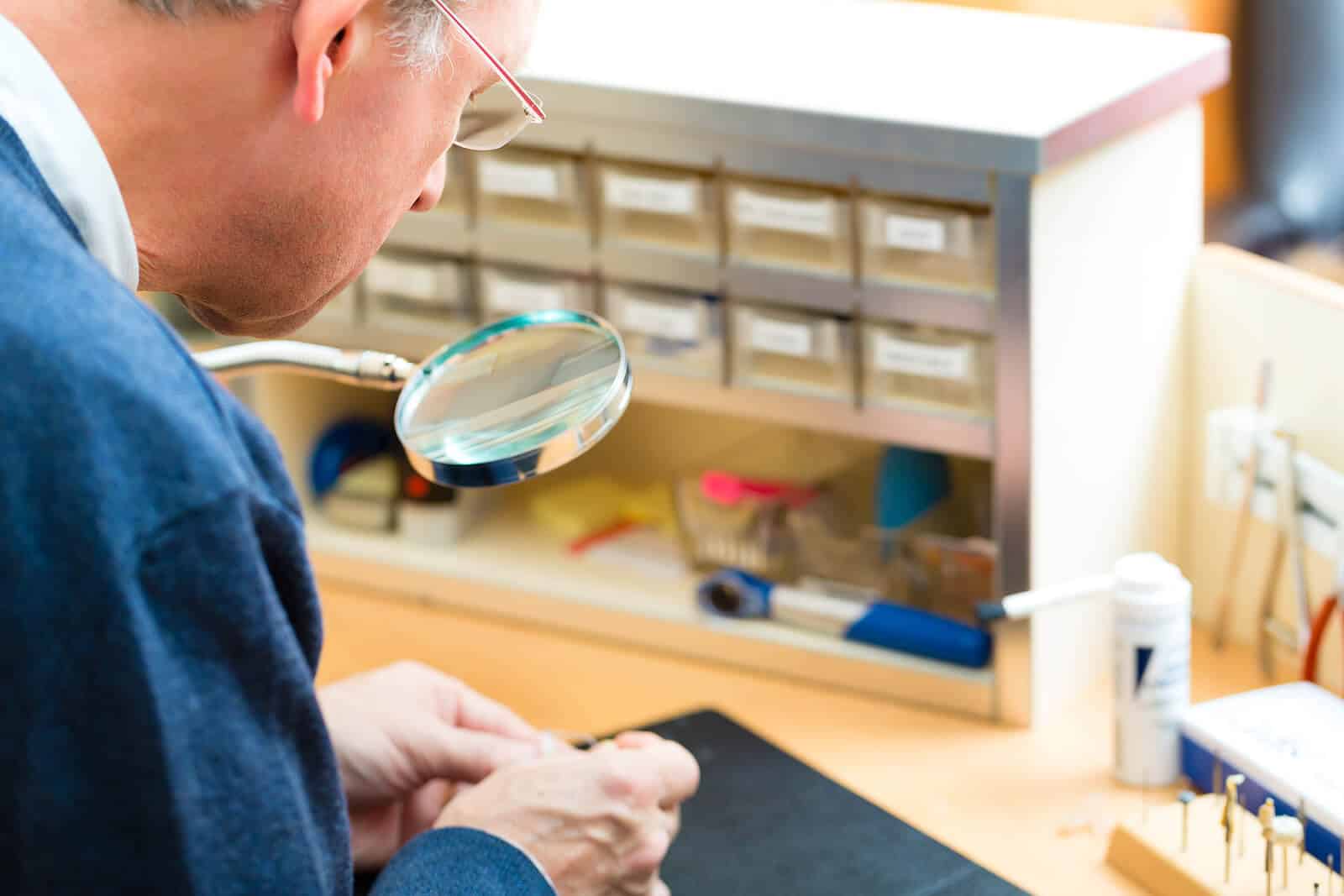Hearing Aid Repairs

Hearing aids help you hear clearly, engage with the world around you, and catch all the soft sounds you’ve been missing. These devices are durable and can last for many years. However, just like your phone or computer, your hearing aids may need occasional maintenance and repairs.
We offer expert hearing aid maintenance and repair services to keep your devices in top condition. If you experience feedback, sound distortion, or any other concern, bring your devices in for servicing and repairs.
Common Hearing Aid Repairs
Broken Tubes
Malfunctioning Microphones
Battery Problems
Feedback or Whistling
Sound Distortion
Physical Damage
By following these tips and incorporating proper care and maintenance routines into your daily routine, you can minimize the risk of common hearing aid repairs and ensure the long-term durability and performance of your devices.
If you notice any damage to your devices or you’ve experienced a drop in sound quality, visit us for hearing aid maintenance and support.

When to Seek Professional Hearing Aid Repair Services
Book Your Next Hearing Aid Repair

Inverness
506 Tompkins Street
Inverness, FL 34450
(352) 423-1799
Mon - Fri: 9:00am - 5:00pm
Sat - Sun: Closed
Daytona Beach
1808 W International Speedway Blvd
Suite 305
Daytona Beach, FL 32114
(386) 226-0007
Mon - Fri: 9:00am - 5:00pm
Sat - Sun: Closed

